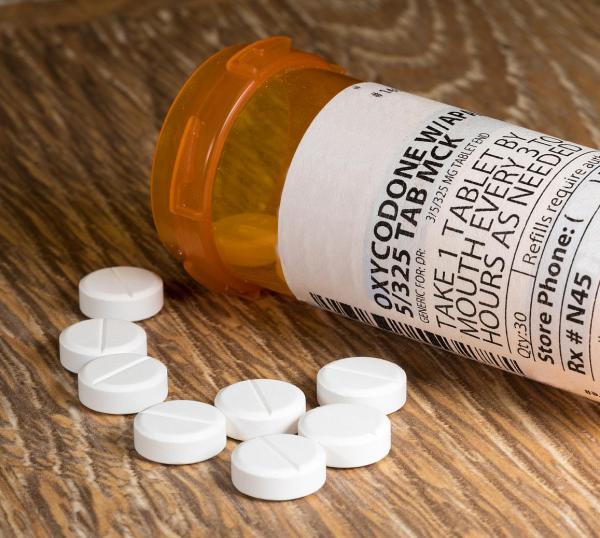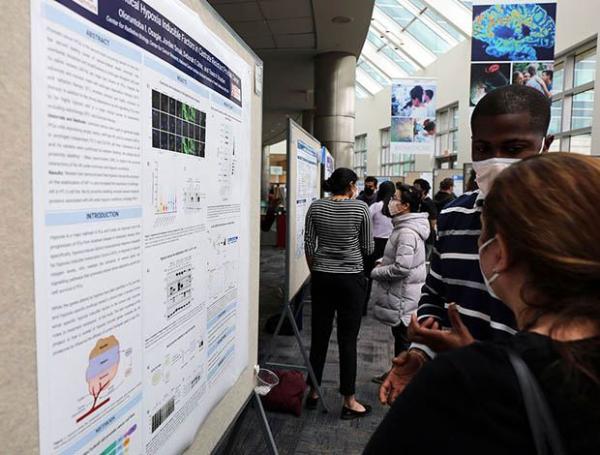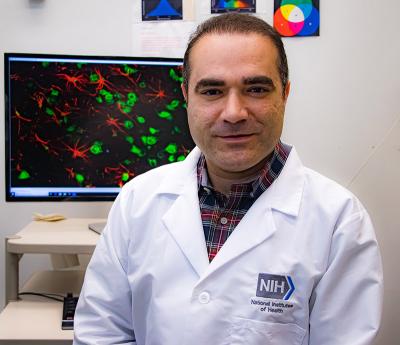Symposium Celebrates Award-Winning Female Scientists
Three Young Women Honored at Annual Event
There’s no doubt that science flourishes when it welcomes individuals with different backgrounds and perspectives. In pursuit of that goal, NIH has put considerable effort into closing the gender gap in the biomedical sciences, a field in which men significantly outnumber women, especially as the heads of labs and in leadership positions. Those efforts have so far yielded promising progress, with the proportion of women in IRP senior investigator positions increasing from 22 percent at the end of fiscal year 2016 to 27 percent at the end of fiscal year 2022. Over that same time period, women went from comprising 38 percent of IRP tenure-track investigators to 44 percent.
Part of what makes the IRP a welcoming place for female scientists is the NIH Women Scientists Advisors (WSA), a group of IRP scientists elected to represent the interests of women in the IRP. Once per year, the WSA selects a few female postdoctoral fellows or graduate students conducting research at NIH as WSA Scholars. At a symposium on April 13 honoring the achievements of this year’s Scholars, the awardees presented their efforts to learn more about a devastating childhood neurological condition, decrease health disparities in breast cancer, and use stem cells to investigate the roots of a nerve-destroying disorder. Read on to learn more about this year’s WSA Scholars and the important work they’re doing in their IRP labs.










